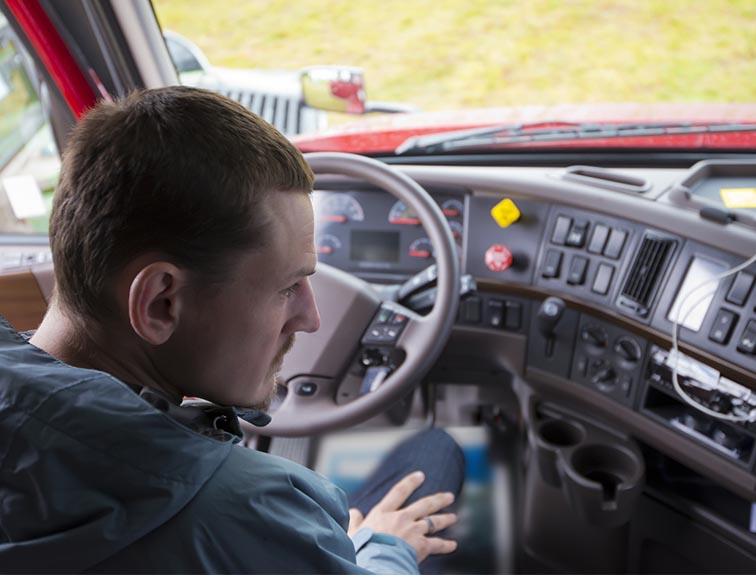Updated August 2024
For many who complete their CDL training, becoming an owner-operator is a compelling career choice. This role offers a blend of independence and entrepreneurial opportunity, allowing you to essentially run your own trucking business! However, there are multiple steps requiring time and financial commitment that you must take following CDL school. If you’re considering this path, understanding what it takes to become an owner-operator and how it compares to contract or independent driving will help you make an informed decision about your future!
The Path to Becoming an Owner-Operator
-
- Gaining Experience:
Before diving into the role of an owner-operator, gaining experience as a company driver is crucial. Working for a trucking company helps you hone your driving skills, understand the industry, and manage different types of freight. It also allows you to learn the ins and outs of truck maintenance, safety regulations, and customer service. - Financial Preparation:
Owner-operator trucking requires significant financial investment. You’ll need to save for the purchase or lease of a truck, as well as cover other start-up costs like insurance, permits, and initial maintenance. Many prospective owner-operators start by saving a portion of their earnings from their driving jobs or seeking financing options. - Acquiring a Truck:
Deciding whether to buy or lease a truck is one of the first major decisions. Buying a truck means a larger upfront cost but can be more cost-effective in the long run. Leasing offers lower initial expenses but may involve higher monthly payments. Consider your financial situation, long-term goals, and business plan when making this decision. - Setting Up Your Business:
You’ll need to register your business, acquire necessary permits, and get appropriate insurance. This involves understanding regulations and ensuring compliance with state and federal laws. Many owner-operators also work with an advisor to manage their finances and take advantage of business tax deductions. - Finding Loads:
As an owner-operator, securing loads and negotiating rates is your responsibility. You can find loads through brokers or by developing direct relationships with shippers. Building a network and reputation in the industry will help you maintain consistent work.
- Gaining Experience:
Life as an Owner-Operator
Owner-operator trucking combines the freedom of running your own business with the responsibilities of managing it. You have control over which loads to take, your schedule, and how to operate your business. This autonomy can be highly rewarding, as you directly benefit from your effort!
However, the role is not without its challenges. You’re responsible for all operational aspects of your business, from truck maintenance and repairs to bookkeeping and compliance. Managing these responsibilities can be demanding, and financial swings are a part of the job. Effective time management, financial planning, and industry knowledge are key to thriving in this role.
Comparing Contract and Independent Driving
Differentiating between different trucking career paths can be tricky, but having a good understanding of each role can help you make an informed choice!
A contract driver is typically hired by a company under a specific contract. This role offers more flexibility than traditional employment but involves varying income based on contract terms and job availability. Contract drivers don’t own their trucks and often have less responsibility for business operations compared to owner-operators.
Independent drivers operate as sole proprietors without being tied to a specific company. They have full control over their business decisions, similar to owner-operators, but may not own their trucks. This role involves managing all aspects of their business, including finding and negotiating loads, and can offer similar levels of independence and responsibility.
Entering an Opportunity-Rich Industry
Becoming an owner-operator after completing your CDL training is an exciting and ambitious career move, but it requires careful planning, financial preparation, and a solid understanding of both the trucking industry and business management practices. While it offers significant independence and the potential for high earnings, it also comes with its own set of challenges and responsibilities.
Comparing this role to contract or independent driving highlights the unique aspects of owner-operator trucking. Each path has its own advantages and drawbacks, so it’s essential to evaluate which aligns best with your career goals and lifestyle! With the right preparation and mindset, the journey from CDL holder to successful owner-operator can be your reality!





Recent Comments